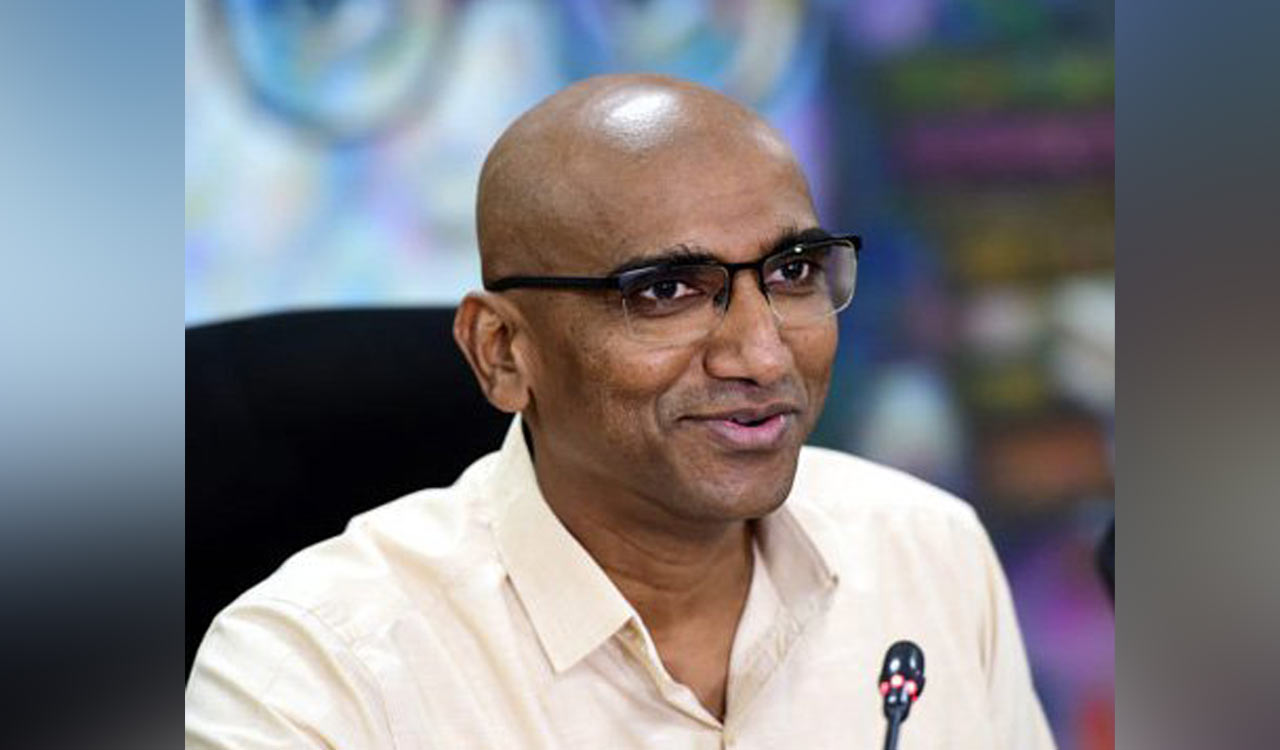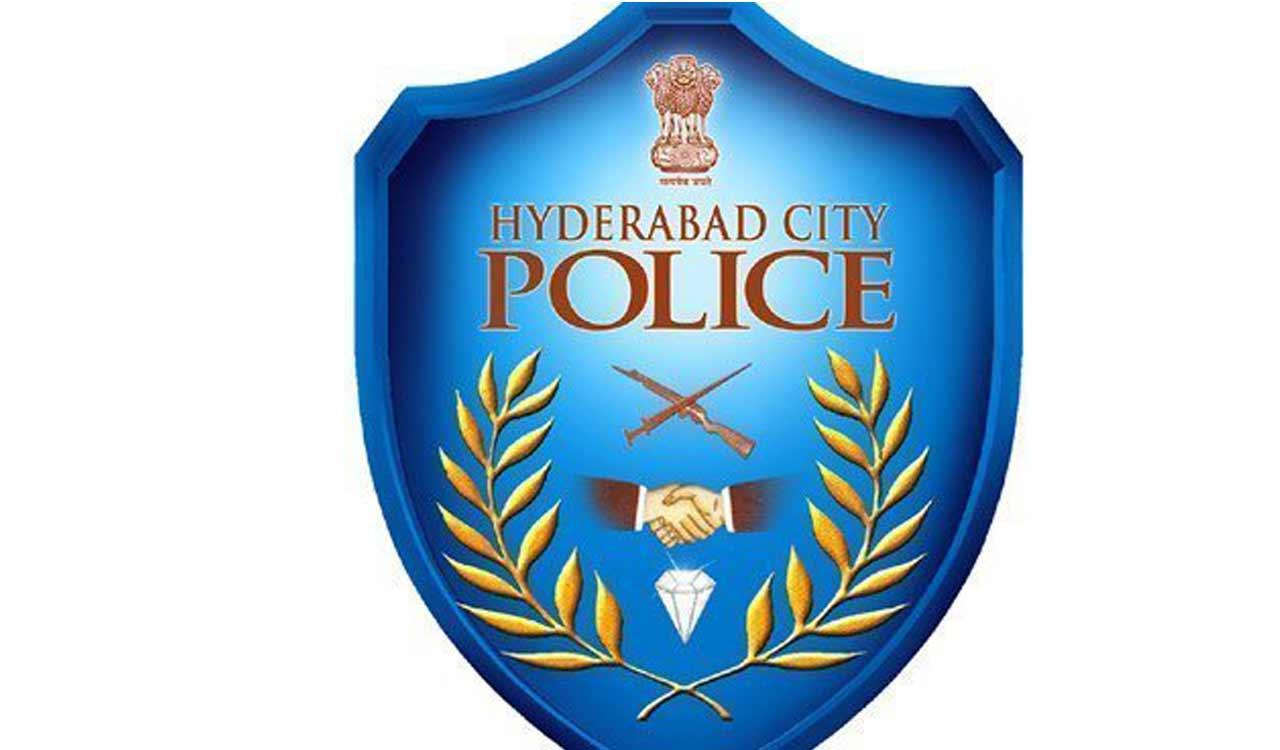
<!–
–>
Sharif would be well advised to focus on tackling the challenges facing his country instead of raking up the Kashmir issue
Published Date – 5 March 2024, 11:45 PM

File Photo of Pakistan Prime Minister Shehbaz Sharif.
As if the multiplicity of domestic crises on hand is not enough, newly-elected Pakistani Prime Minister Shehbaz Sharif courted fresh trouble when he sought to equate Kashmir with Palestine and called for a resolution in the National Assembly supporting their independence. Such preposterous statements reflect his immaturity and total lack of understanding of international geopolitics. Referring to Kashmir and Palestine in the same breath betrays political naivety. Sharif, who has taken over as the prime minister for the second time, must realise that the core issue here is Pakistan’s continued support to terrorist groups. The onus is on Islamabad to demonstrate its commitment to dismantle the terror infrastructure and take credible and verifiable action to bring terrorists to book. Sharif would be well advised to focus on tackling the myriad challenges facing his country on economic, social and political fronts instead of raking up the Kashmir issue. Kashmir has been and will forever remain an integral part of India and any policy initiatives concerning the Valley are purely an internal matter of India. The sooner Pakistan abandons its long-held strategy of using terrorism as an instrument of state policy the better it would be for its future interests and in the interests of bilateral relations. Heading a shaky coalition after a controversial election that was marred by allegations of manipulation and vote tampering, Sharif and his colleagues are expected to rely more on emotive issues to keep the Kashmir pot boiling.
Though Nawaz Sharif, founder of PML(N) and a three-time prime minister, spoke about peace with India, his younger brother appears to be sticking to the maximalist position on Kashmir. In its election manifesto, his party had asserted that normalisation is possible only if India restores Article 370 in Kashmir. It must be pointed out that the very legitimacy of the PML(N)-PPP coalition government is under a cloud amid the allegations of popular mandate being stolen to favour those parties which are willing to be subservient to the army. Despite Imran Khan being incarcerated and his party, Pakistan Tehreek-e-Insaf (PTI), being disbanded, independents contesting with the former PM’s support emerged as the single-largest block, followed by PML(N). Given the unstable political situation and tenuous military-civilian relationship in Islamabad, India cannot expect any dramatic changes in bilateral relations in the near future. Moreover, the unique feature of the Indo-Pak bilateral relationship is that it hinges more on who is at the helm of the all-powerful Pakistani army than who is the prime minister. Army chief General Asim Munir’s support will be crucial for the coalition government to manage internal differences and also to govern the country. One thing certain about the new coalition government — akin to an old wine in a new bottle — is its inherent political instability. A weak and unstable civilian regime cannot afford to act independently, particularly on policy towards India.
<!–
–>
Source | Powered by Yes Mom Hosting






